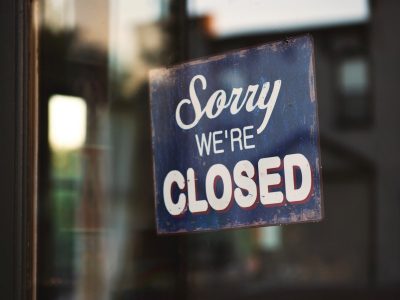 Severe debt problems are usually a result of not dealing with smaller debt problems straight away – allowing them to worsen significantly as time goes on.
Severe debt problems are usually a result of not dealing with smaller debt problems straight away – allowing them to worsen significantly as time goes on.
77% of people who contact Bankruptcy for debt-management advice were non-homeowners.
A recent study by Bankruptcy.org.uk showed a substantial difference between the debt of homeowners and non-homeowners, even though the economy is showing signs of recovery.
There are many reasons that people get into debt, and for most people the situation is manageable even if they find they have to stretch their monthly pay in order to cover all out-going payments. But not everyone finds a way to deal with their debt – particularly if their debt situation continues to get worse as time goes on.
Becoming bankrupt is often the final and only option for those with severe debt problems. There could be a number of contributing factors that lead to a person accruing an unmanageable amount of debt. Everyone is at risk from accumulating substantial credit card balances, large utility bills as well as repaying personal loans, overdrafts and the accompanying interest.
Homeowners put themselves at risk of bankruptcy should they fall behind with monthly payments and while non-homeowners do not need to consider this risk, it’s just as likely that they accumulate debt from various other sources.
So who is getting into debt?
The study showed that even though homeowners earn, on average, £900 more per month than non-homeowners they’re more likely to spend up to 97% of their monthly income, whereas non-homeowners typically spend 88% of their monthly income.
Of the people who contacted Bankruptcy for debt advice, 23% were homeowners. The results of the study show that 29% of homeowners are more likely to spend more than they receive in their monthly pay, compared to non-homeowners who spend 18% more than they earn.
77% of people who contact Bankruptcy for debt-management advice were non-homeowners. The study suggests that while non-homeowners, on average, have less money to spend on a monthly basis and are, therefore, less likely to overspend, they are more vulnerable to getting into debt in the case of an emergency.
Given that non-homeowners are not committed to making mortgage payments every month, they have only half the amount of debt as homeowners. This means that when it comes to resolving debts, they have little in the way of assets to sell in order to raise extra funds.
You can view the results of the full study by clicking here.








